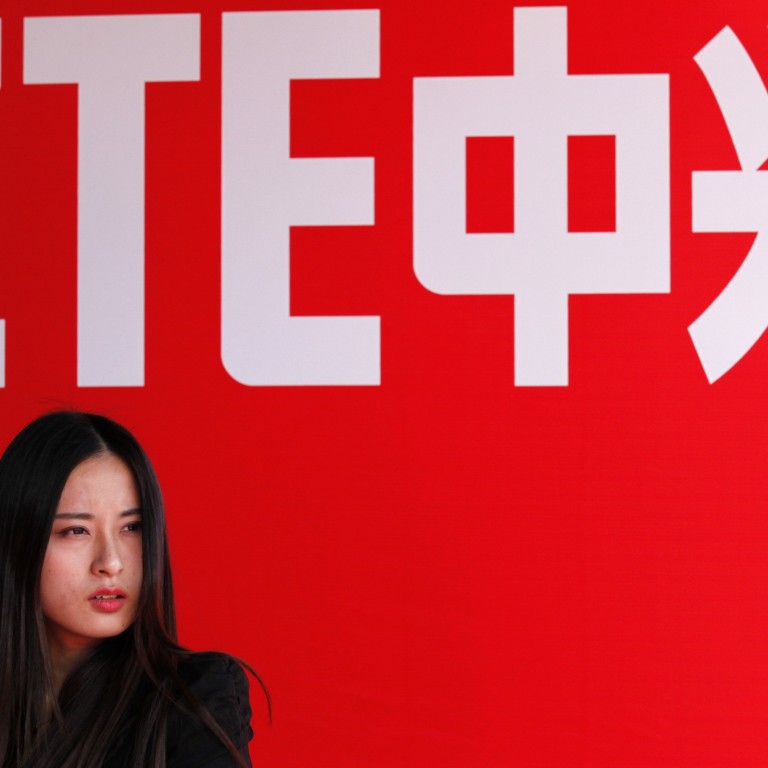The World Cup kick-off seems like an appropriate theme for this week's wrap of the microblogging realm, where a series of verbal sparring matches has broken out among a number of tech officials. One of the most entertaining saw a ZTE (
0763.HK; Shenzhen: 000063) smartphone executive launch a sarcastic assault at Xiaomi's Lei Jun, who was spouting his usual nonstop promotional hype. While ZTE went on the offensive, executives from e-commerce firms Jumei (Nasdaq: JMEI) and Vancl were on the defensive, deflecting accusations and insinuations against their companies and executives. Meantime, a top JD.com (Nasdaq: JD) executive provided some lighter entertainment with his own reminiscences of watching actual World Cup games in his younger years.
Xiaomi co-founder and chief executive Lei Jun is always quite talkative on his microblog, mostly singing the praises of his company's smartphones. His chatter was even louder and more voluminous than usual this past week, which may have been finally raised the ire of ZTE cellphone executive Luo Hongping.
One of Lei's posts praising his company's second-generation smartphone model drew a critical remark from Luo, but the more entertaining attack came after Lei continued his hype even after that. Luo responded by noting that the chairman of China's telecoms regulator and the country's First Lady are both users of ZTE smartphones, implicitly asking what high-profile users Xioami
has found.
Truthfully speaking, Xiaomi has also attracted at least one high-profile user, after Baidu (Nasdaq: BIDU) founder Robin Li was spotted at this year's National People's Congress in March using a
Xiaomi phone. But more broadly speaking, Luo's remarks probably represent a larger frustration and annoyance that many of China's mobile phone executives feel towards Xiaomi and its non-stop hype and marketing, especially from Lei.
From the ZTE offensive, let's move to Jumei, whose executives were on the defensive over a recent article attacking company co-founder Chen Ou for previous unethical behavior. The case is particularly interesting, because it comes just a week after Chen himself went on the defensive after others accused him of using family connections to build Jumei into China's top online cosmetics seller that recently launched a successful IPO in New York.
The latest assault on Chen and Jumei stems from a recent online article that is quite detailed, accusing Chen of cheating some of his partners in an earlier
business venture. In this case, two Jumei vice presidents,
Liu Hui and
Dai Yusen, have both come to their boss' defense, though neither is too specific about why the allegations are untrue. I obviously have nothing to add to this debate, though it's interesting that Chen himself hasn't commented so far. The controversy hasn't had too much impact yet on Jumei's shares, which are still up 26 per cent from their offering price.
The final defensive play of the week comes from an executive at struggling online clothing seller Vancl. In its search for profits, Vancl's CEO Chen Nian previously turned to Xiaomi's Lei Jun for advice and was rewarded with US$100 million (HK$775 million) in new funding. Now it seems that some have criticized Vancl for trying to borrow Xiaomi's business model.
The criticism centers on the fact that these are very two different companies, most notably because Xiaomi's only sells a handful of products versus Vancl's thousands of clothing articles for sale on its site. Critics also point out that most individual articles of clothing on Vancl's site cost far less than Xiaomi's phones that typically sell for more than 1,000 yuan.
But Vancl vice president Xu Xiaohui responds to his critics by pointing out the two businesses share many similarities, including many choices at each decision-making juncture and the potential for
digitisation. Personally speaking I agree that these two businesses don't have that much in common; but I also believe that Lei could offer Vancl some important tips on effective marketing, which is what Xiaomi does best.
Finally let's take a break from all the wrangling by looking at the real World Cup, which kicked off last week in Brazil and was the subject of a series of microblog posts by Xu Lei, a vice president at e-commerce giant JD.com. Xu recalls how his university had a lights-out policy at 11pm, which meant that all electricity shut off at that time. That made it impossible to watch World Cup games that were mostly broadcast in the middle of the night.
To get around the problem, Xu and his classmates borrowed a black-and-white TV and then found a way to get power from a lighting socket in the hallway, since hallway lights stayed on
even after 11. Using their innovative arrangement, Xu and as many as 30 fellow soccer fans could cram into a single dormitory room and watch the games all night. Despite the many changes in China since that time, the enthusiasm for soccer by Xu and other fans lives on to this day in the many bars and other spots that now show games at all times throughout China.


